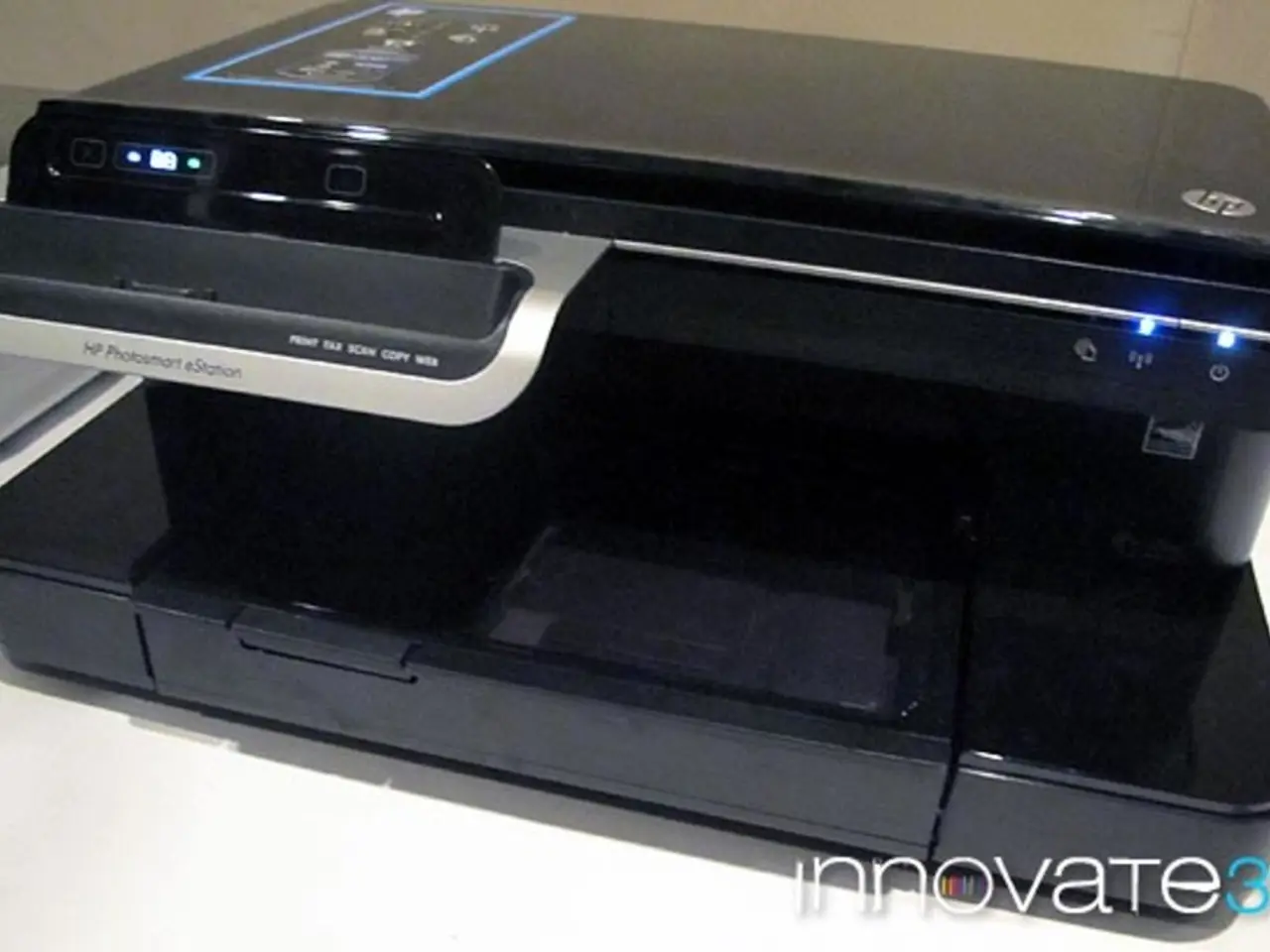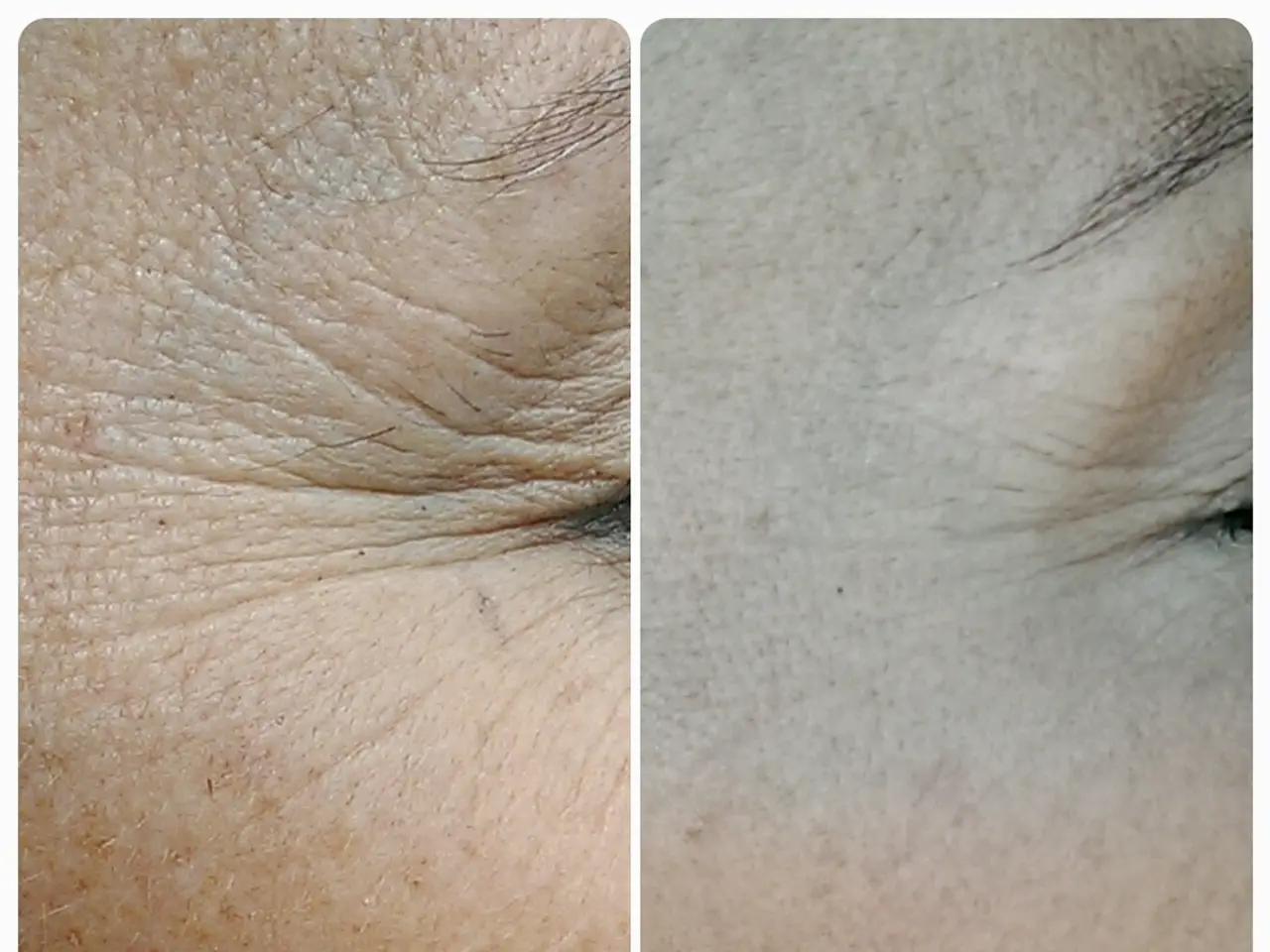Ethicon, a division of Johnson & Johnson, recalls stapler cartridges due to a problem linked to one reported death.
In a recent move, Johnson & Johnson's Ethicon unit has issued a recall for its disposable surgical stapler cartridges due to a fault that could potentially cause life-threatening complications during surgical procedures.
The recall, which affects over 678,000 products in commerce, follows reports of inadvertent instrument lockout during surgical procedures involving the device. This lockout issue is caused by a defect in the cartridge, not the stapler handle.
Healthcare professionals use Ethicon staplers to simultaneously cut and staple tissue. However, in cases of lockout, the knife blade may fail to cut fully, and staples remain undeployed below the tissue. This lockout could lead to surgical delays, bleeding, life-threatening hemorrhagic shock, and in extreme cases, conversion to open therapy.
To identify lockout issues with Ethicon's disposable surgical stapler cartridges, users may observe that the stapler briefly attempts activation but fails to complete cutting or stapling. Ethicon has designed the stapler to prevent lockout events from harming patients, but additional steps are needed to open and remove locked devices from tissue.
To resolve these lockout issues following the recall, Ethicon has issued a correction advising removal and replacement of the affected cartridges. The device’s lockout feature prevents firing with a used or improperly installed reload, so ensuring proper installation is critical. Users should immediately stop using recalled cartridge batches and contact Ethicon’s Resource Department at 1-877-ETHICON (1-877-384-4266) for guidance and replacement.
Healthcare professionals encountering lockout issues should stop the procedure, remove the defective cartridge carefully, and use a new, non-recalled cartridge to avoid risk of hemorrhage, organ damage, or surgical delays linked to this malfunction. Adverse events should be reported to FDA’s MedWatch program for further safety monitoring.
Ethicon has also provided a link to a video showing what to do if the device has a lockout. The fault is related to one death and one injury, emphasizing the critical need for prompt identification and appropriate management of this issue.
In summary, identification of device locks, where the knife blade fails to cut fully and staples are not deployed, is crucial. Resolution involves removing defective cartridges, replacing them with safe cartridges per Ethicon correction instructions, and contacting Ethicon support for recall details. Precautions include verifying proper cartridge installation and discontinuing use of recalled batches immediately. Reporting adverse events to FDA MedWatch is also essential for further safety monitoring.
- The fault with Ethicon's disposable surgical stapler cartridges, leading to inadvertent instrument lockout during surgery, has necessitated a recall affecting over 678,000 products.
- AI-driven analytics could potentially help in monitoring and predicting such hardware failures within the medtech industry to avoid subsequent M&A complications.
- Patients should be aware of news regarding device recalls, such as the one mentioned above, to stay informed about health-and-wellness related matters and make informed decisions concerning their medical-conditions and therapies-and-treatments.
- Healthcare professionals must remain vigilant and trained in dealing with device lockouts during surgical procedures to minimize potential risks like bleeding, hemorrhagic shock, and organ damage.
- Following the recall, Ethicon has issued a correction recommending removal and replacement of affected cartridges, and users are urged to adhere to these instructions and contact the Ethicon Resource Department for guidance.
- FDA's MedWatch programplay a crucial role in monitoring adverse events related to medical devices, ensuring the safety and efficacy of devices used in healthcare and promoting better health-and-wellness for patients.
- In the future, advancements in AI-based predictive analytics within healthcare, along with improved device design and science, could help minimize the occurrence of such device-related complications, leading to a safer, more effective healthcare landscape.




